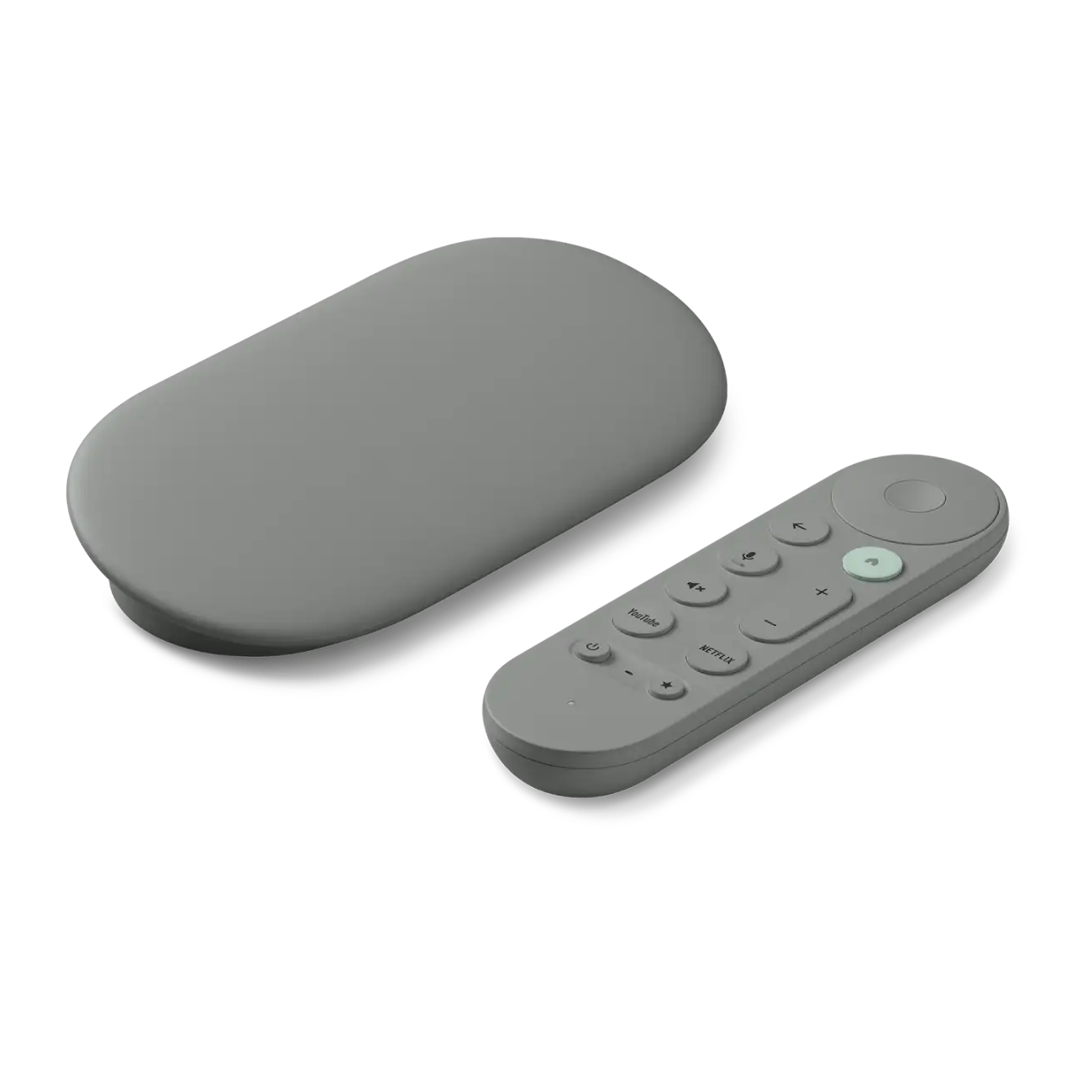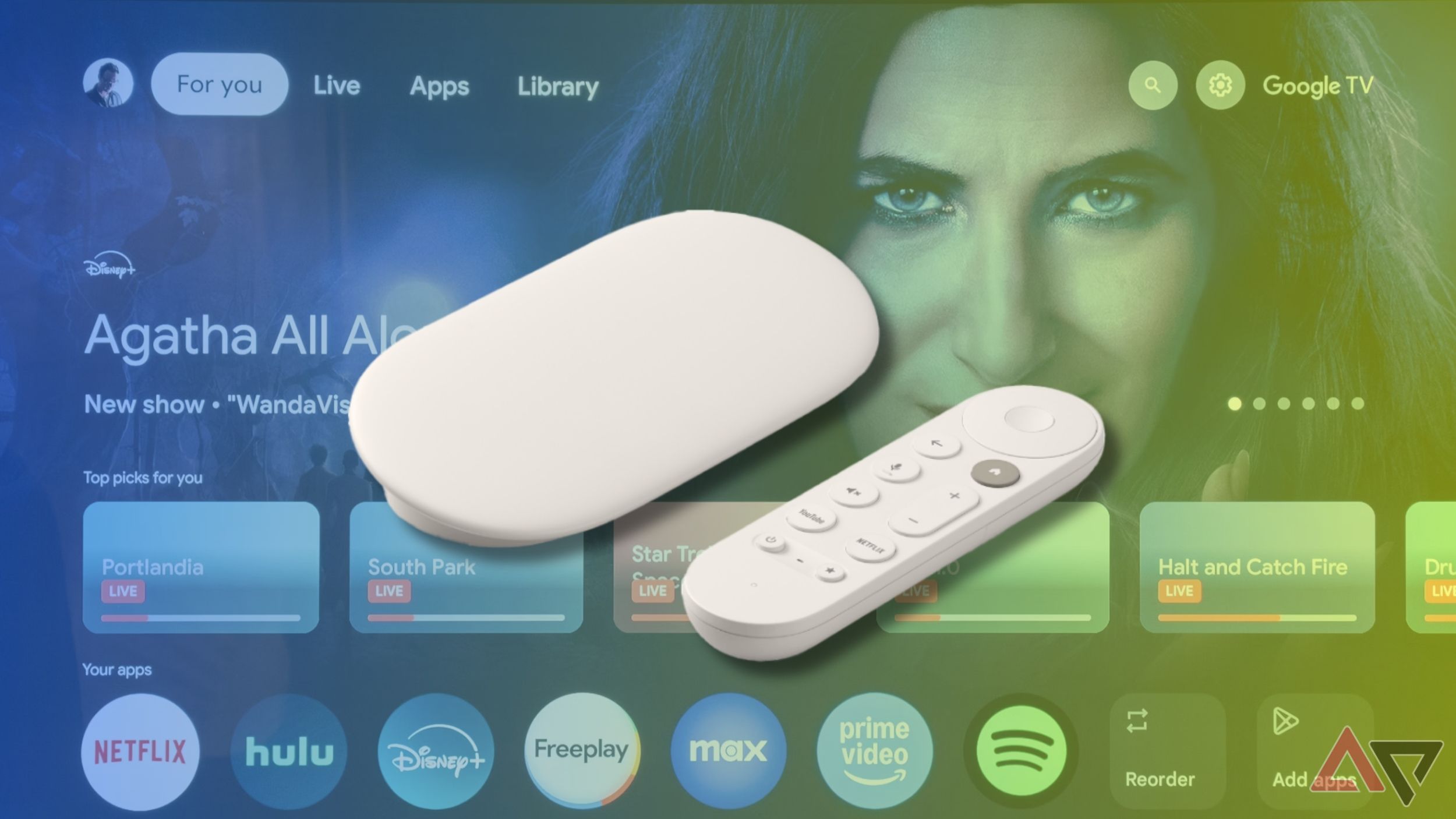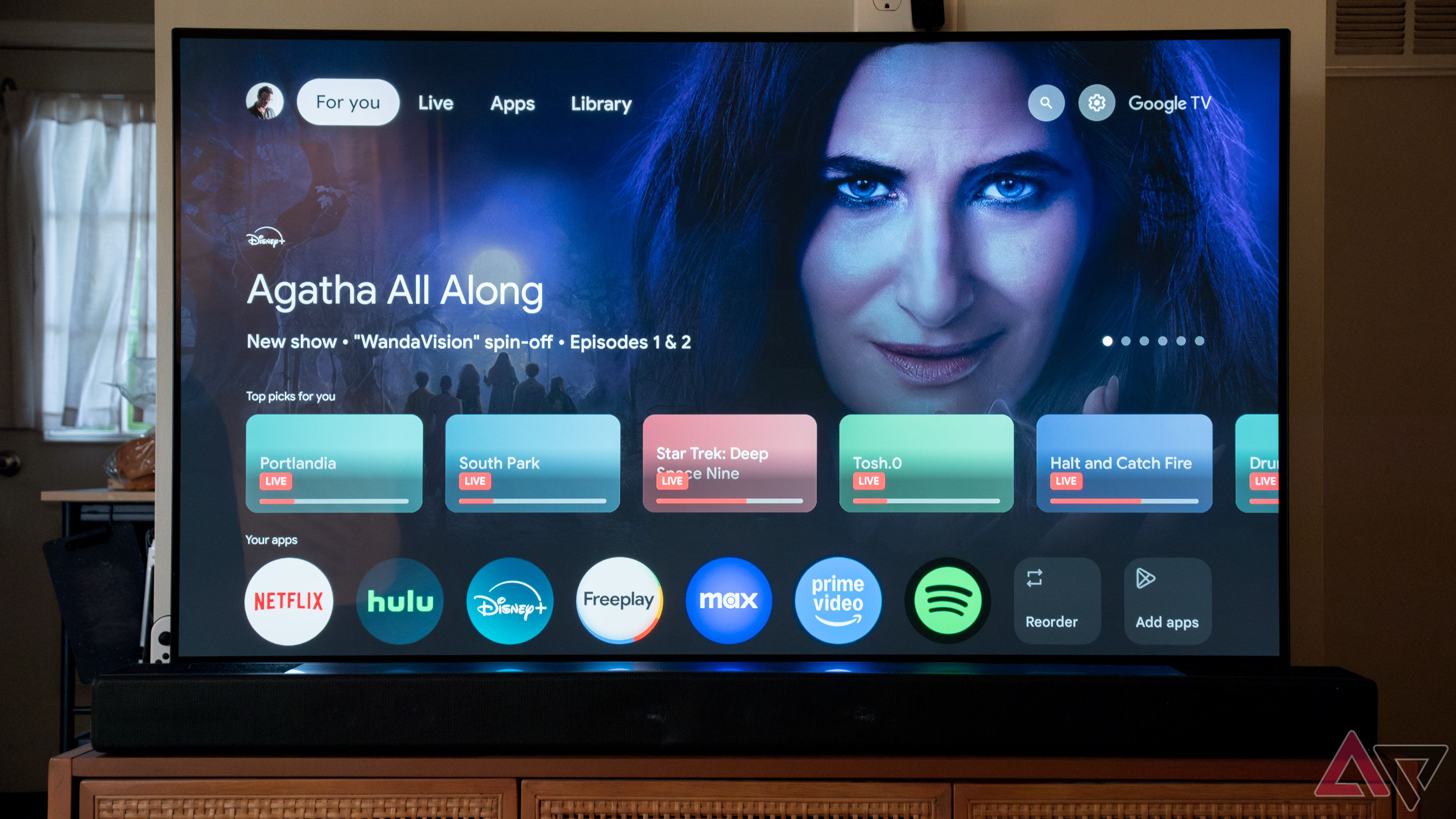The Google TV Streamer is available for $100, which is double the price of the Chromecast with Google TV 4K it replaces. It would be fine if the TV Streamer were twice as good as the Chromecast with Google TV 4K, but it isn’t. The processor is old, it doesn’t support modern Wi-Fi standards, and Google TV and Android TV have software limitations.
In the past, I’ve recommended the Chromecast with Google TV to my friends and family members, as it was a great streaming stick. These devices were slow and had middling software, but they were cheap and provided compelling value. Now that the Google TV Streamer has replaced them, there’s a problem. The Google TV Streamer doesn’t solve Chromecast with Google TV’s problems, and the price is higher.
The Google TV Streamer still has a weak processor
Faster than slow might still be slow
Google isn’t sharing which processor powers the Google TV Streamer, but it’s the root of the problem. Mishaal Rahman, via Android Authority, said it’s the MediaTek MT8696. That would mean the 2024 Google TV Streamer runs on the same platform as the 2021 Amazon Fire TV Stick 4K Max. These details don’t inspire much confidence in the TV Streamer’s performance capabilities, but the device has double the RAM of the Chromecast with Google TV stick.
The potential for the Google TV Streamer to be a poor performer isn’t only speculative. Google says the set-top box is 22% faster than the Chromecast with Google TV. Those streaming sticks were really slow. This is troubling because the new TV Streamer isn’t even one-fourth faster than them. You’ll notice a difference in performance when using the Google TV Streamer.
The Google TV Streamer is the first device to ship with Android 14 for TV, which brings notable performance improvements. The company says it lowers the time it takes to start up an Android TV device by four seconds. On-device storage space is freed by 20%, and there are other optimizations and improvements across the board. Is the TV Streamer fast because of its 2021 system-on-a-chip, or is it fast because of Android 14 for TV?
In fairness, it’s probably a combination of both. However, this old processor isn’t doing a ton of work to improve the performance of the TV Streamer. Google effectively admits this in its comparison to the Chromecast with Google TV. Slightly faster than slow is, well, still slow.
There are more disappointments in the finer details. The Google TV Streamer has a Gigabit Ethernet port. However, don’t let that distract you from noticing that it has Wi-Fi 5. You might not have needed Ethernet wiring if Google supported modern Wi-Fi tech. For perspective, the Google Pixel 9 series and the iPhone 16 Pro series are equipped with Wi-Fi 7.
To Google’s credit, the TV Streamer has a built-in Thread border router, so it can interact with smart home devices. This is a fantastic inclusion, but it makes me question why we couldn’t get faster Wi-Fi.
It still can’t beat Apple and Nvidia
Google had a chance to compete with the Shield TV and Apple TV, and fell short
The Nvidia Shield TV was released over a decade ago, and we’re still talking about it. Refreshed versions and an Nvidia Shield TV Pro model have been released over the years, but the point still stands. Android TV fanatics have been waiting for a Google streaming device to challenge the Shield TV for too long. With a lowly MediaTek chip inside, the Google TV Streamer still isn’t a worthy challenger.
Don’t get me wrong, the Nvidia Shield TV is also old. It was so overpowered at the time that it’s still capable of beating the Google TV Streamer years later. You get a Tegra X1+ SoC with eight GPU cores and a Maxwell-based GPU. Even though the cores are old, the Shield TV Pro is quick enough to support true multitasking and advanced features.
We can’t talk about streaming boxes without mentioning the Apple TV. The latest Apple TV 4K features the A15 Bionic chipset, which was used as recently as in the iPhone 14 series and the latest iPad Mini. According to the Geekbench 6 database, this SoC scored a 2,251 single-core score and a 5,526 multi-core score inside the iPhone 14. It’s wild that this chip is inside the Apple TV 4K. It makes the Google TV Streamer look paltry. Also, the Apple TV 4K has the Wi-Fi 6 capabilities the TV Streamer lacks.
Let’s equalize things a bit with pricing. The Google TV Streamer costs $100, the Apple TV 4K costs $130 for the Wi-Fi-only model, and the Nvidia Shield TV starts at $150. The TV Streamer is cheaper, but it’s closer in performance to the $50 Chromecast with Google TV than either the Shield TV or the Apple TV.
Hey Google, where’s AI upscaling on TV Streamer?
Google would rather fill our screens with ads and recommendations than use AI for something useful
The Google TV Streamer has potential, and that’s why the hardware is disappointing. The flashy chip in the Apple TV 4K makes it possible to multitask and play high-quality games. Similarly, the Nvidia Shield TV Pro’s hardware makes artificial intelligence upscaling possible. When we reviewed the Shield TV Pro, AI upscaling was one of our favorite features. It could take 1080p source material and upscale it to a credible 4K quality. Instead of using AI on the TV Streamer to serve ads, Google could’ve paired it with a good processor for useful upscaling.
Hold on to your Chromecast
The Google TV Streamer may not be a bad product, but it has a bad price considering its hardware and what the rest of the market offers. As a user of Apple TV and Chromecast hardware, I expected more from Google’s $100 set-top box. Even though Google has discontinued its Chromecast line, hold on to your Chromecast if you don’t need the latest and greatest AI features.

Google TV Streamer
The Google TV Streamer is a new set-top streaming device from Google that improves upon the Chromecast 4K. It boasts Dolby Vision, which should offer a wider range of colors and deeper blacks when viewing supported content, and even doubles as a smart home hub with Thread support and Matter compatibility. With AI smarts in tow, the device can curate content based on your preferences across all of your subscriptions, and organize them conveniently in one place.


